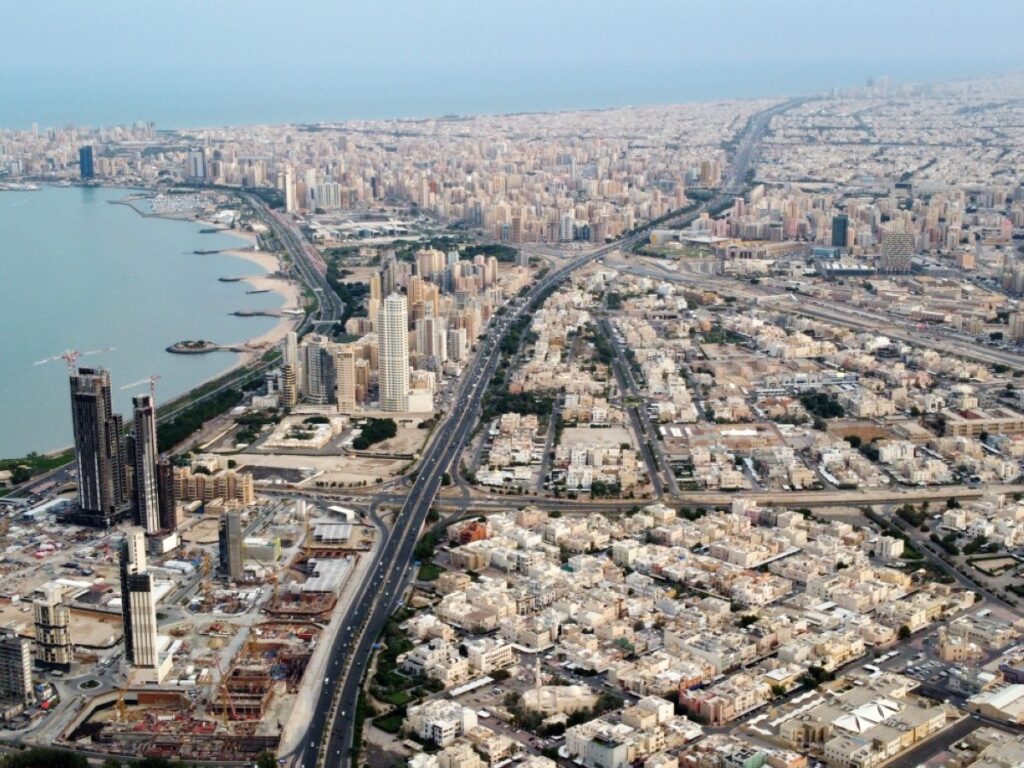Changes give developers flexibility to offer various types of housing, including apartments
KUWAIT: Kuwait has issued a major legal amendment that reshapes how the country plans, builds, and manages residential cities. The changes, published this week in the official gazette Kuwait Al-Youm, are part of a broader effort to tackle the country’s longstanding housing shortage while opening the door wider to private investment.
The new decree law, No. 89 of 2025, amends key provisions of the 2023 legislation that first established a framework for creating companies to design and develop integrated housing cities. According to the explanatory note attached to the new law, the original legislation “required greater flexibility to suit different projects and to encourage private sector participation.” The amendment expands housing options for citizens and adds a key financial safeguard: once the government commits to funding a project, it cannot later increase or reduce that amount.
More housing options
The new law gives the government more flexibility in how it works with the private sector. Under the 2023 law, the state had to form joint-stock companies to carry out housing projects. The amendment removes that restriction. Now, the housing authority can set up companies of any legal form or size, depending on the project’s nature and feasibility. This gives the government more tools to tailor each project to its economic and technical conditions.
The amended law also expands the types of housing that can be offered to eligible citizens. Originally, developers could offer only plots or ready-built homes. Now they can also build apartments, duplexes, attached villas, gated compounds and other formats. The goal is to give families more choice and allow developers to respond to different needs and budgets.
Protecting funds
One of the most significant updates concerns the state’s financial role. The government can still help cover infrastructure costs, such as roads and utilities, when backed by a feasibility study. But the law now includes a new rule: once a contract is awarded, the government cannot change the amount it has committed to fund. This is meant to protect both public funds and private developers from uncertainty and unexpected cost shifts.
The law also makes room for more direct private sector participation. By anchoring decisions about investment types and project structuring in economic feasibility, the authority can now adapt each project to attract the right kind of investor. The executive regulations, rather than the law itself, will spell out the operational obligations of these companies, allowing for quicker policy updates when needed.
In addition to changing existing articles, the 2025 decree law introduces two new ones. The first grants PAHW clear authority to define the technical and planning standards for all components of a project – residential, commercial, industrial, or otherwise. The second allows the law to apply retroactively, letting the authority bring older or partially completed areas under the same legal framework.
The government framed the changes as part of a broader legislative push to unlock private capital, accelerate housing delivery and improve the financial sustainability of state-backed development. The explanatory note accompanying the law said Kuwait remained committed to resolving the housing crisis, but stressed the need to rethink legal tools to make its plans viable. The amended law takes effect immediately. Ministers have been instructed to begin implementation from the date of publication in the official gazette.

